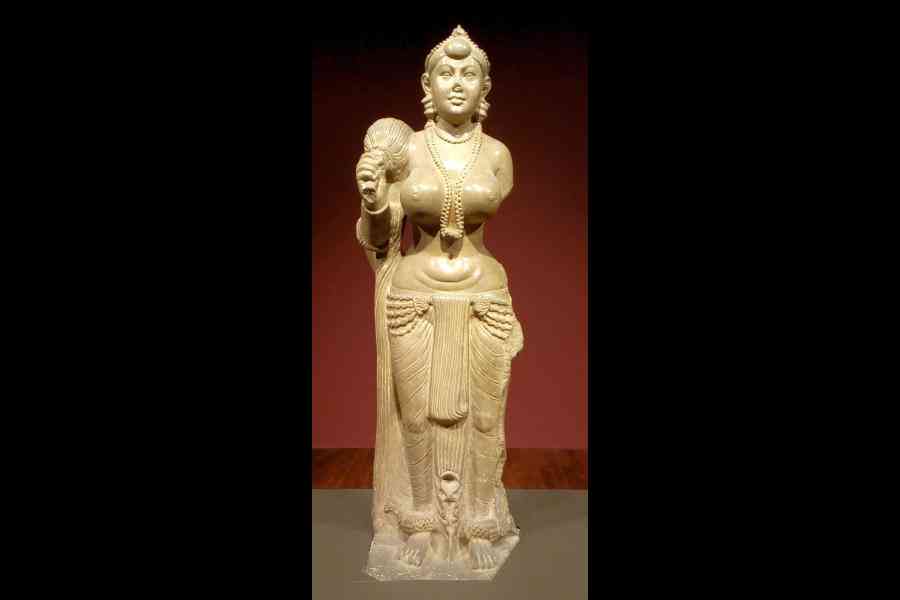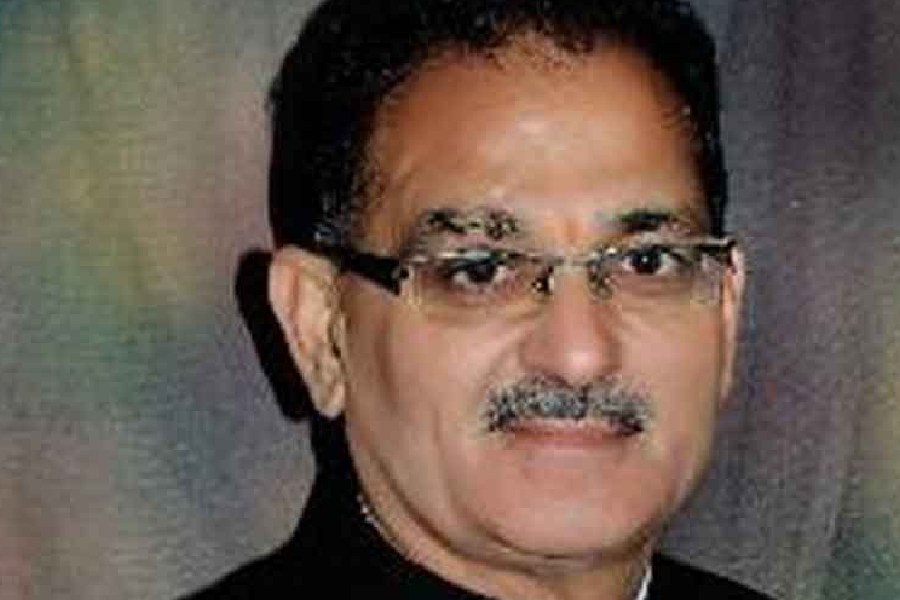BOOK NAME: OF MEN, WOMEN AND WITCHES
AUTHOR: Jeyamohan
PUBLISHED BY: Juggernaut
PRICE: Rs 499
Jeyamohan is a renowned bilingual writer and literary critic, known for his strong and, oftentimes, controversial opinions. When this modernist writes about his life, it’s no surprise that he doesn’t follow the linear pattern beginning with the story of his birth. In this book translated by Sangeetha Puthiyedath, Jeyamohan tells the story of his life along with exploring the history and the myths of the land of his birth. His travels across the land bring in the philosophy that is interspersed in his Tamizh and Malayalam prose.
In this non-linear narrative, Jeyamohan paints his parents in varied strokes. He begins with describing his mother’s interest in Changampuzha’s Ramanan. She considered Thunchaththu Ezhuthachan the finest of all poets. When she was introduced to English writers, she was critical in her opinions about various literary traditions. It comes as a surprise that such an opinionated woman chose to stay on in an abusive marriage. Jeyamohan’s father, an abrasive man, was always by his side in health crises and held high moral and ethical codes of being a good Nair. Yet, his abuse towards people, miserliness, and inconsiderate nature are made evident. Jeyamohan lost both parents to suicide within a couple of months; his grounded narration incites the pace of a fever dream as he philosophises his loss.
The most interesting aspect of Jeyamohan’s memoir is the description of his riveting experiences while travelling. From running away from home to accompanying a saint, from being approached by women to living like a beggar, he bares it all. He recounts the matriarchs of his family, the Nairs of Travancore, and explores the land of his origin. He writes, “I do not get any of my history from books or etchings. I have wandered in every nook and cranny of this land… I have studied people’s lifestyles and I can reproduce their dialect perfectly. And although I have written 3000 pages about this land, the unspoken is substantial. It needs to be written.” He laments — expressing his frustration at — the shame people associate with their dialects and explores the shared history of Tamizh and Malayalam.
When he speaks of women, he does so with curiosity and uncertainty till he meets Arunmozhi, a reader who critiques his modernist writing. He makes up his mind to marry her before meeting her. They elope and experience a fulfilling marriage without falling into the trap of stagnancy that often comes with being settled. He further dedicates a part of his memoir to the myth of Yakshi, the said witches from the title — the wronged women reincarnated to wreak vengeance on people who wronged them.
Jeyamohan’s memoir is an expression of yearning for his father’s affection, a recollection of his matriarchal lineage, an interesting critique of the cultural changes of the land he was born in, and an exploration of the nuances of languages, myths, and romance. It is an engaging, moving, and deeply intriguing view of the life and the mind of “a representative of the hoary literary tradition of South Travancore” and a poet who writes in prose.










